Work-life balance isn't binary. It never has been.
Desk at the moment of novel’s first draft completion with color-coded notecards to remind me of pivotal points in through-lines. Represented: Work (see the cellphone?), home, community (in every gift and token) and private self - now shared publicly.
“The idea that “work” competes with “life” ignores that “life” is actually the intersection and interaction of four major domains: work, home, community, and the private self.”
On February 29 at 9 pm, I finished the first draft of my novel. I sent it to my mentor. I celebrated. And then I crashed.
I am a person who needs (and honors) deadlines. I’m also a perfectionist and, its doppelgänger, a procrastinator. This means that less than a week before my deadline I still had approximately 75 pages to go. It meant I wrote 30 of them the last day. And that evening, approximately nine months after I’d begun writing in earnest, I crossed a finish line.
Recovery brought a realization of all the things - from small household tasks to important relationships - I’d let slide while I was singularly focused on finishing the book. I’ve always told myself that balance is seasonal - there will be seasons (you define the time period - it could be days/weeks/months/years) when you are more focused on work, seasons when you are more focused on family. You can’t do it all at the same time. I know this.
But when I looked at unfinished tasks, including more than seven months without a new blog post, I berated myself for it. I was thankful for encouragement found in Dr. Friedman’s article about successful work-life integration: be real, be whole and be innovative.
“To be real is to act with authenticity by clarifying what’s important to you. To be whole is to act with integrity by recognizing how the different parts of your life (work, home, community, self) affect one another. All this examination allows you to be innovative. You act with creativity by experimenting with how things get done in ways that are good for you and for the people around you.”
My “real” was recognizing I had to write this book and honoring that inclination. A novel is a giant task. A giant task on top of owning my own business, serving my clients, loving my spouse, nurturing my friendships and volunteering in my community. It’s the kind of task you don’t take on unless you have to. And I went in wholly, knowing how disruptive it would be. I was lucky to have a supportive family (really, I don’t know how people do this work without one), and I structured my work to make time for writing - that’s where the innovation came in.
I then took six weeks off to reconnect with family and friends, to rest, to re-enter. And in the next few weeks I look forward to sharing a series of posts about what I’ve learned in the pursuit of this project.
But first, back to Dr. Friedman.
For those who work remotely and/or in the creative arts, the four major domains - work, home, community and the private self - can collide dramatically. And in an age when social sharing touches work, home and community, I think our private selves may face the biggest time deprivation. Praying, meditating, wool-gathering, imagining, daydreaming, playing - those happen after surfing and scrolling, jobs, friends and family.
I think many people could re-balance without something as dramatic as a novel thrown into the mix, but for me? This project gave me permission to let my private self take up temporal space. In throwing my life out of balance, I achieved the opposite. I rediscovered that by honoring my private passions, I picked up new skills to help me do my work better, I learned what keeps our home running, I discovered a deeply supportive community and I emerged with an awe-inspiring gratitude for my family.
Not bad for nine months.

